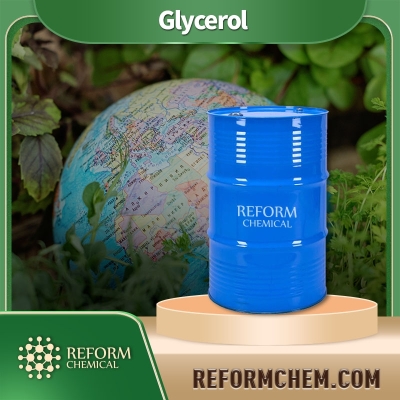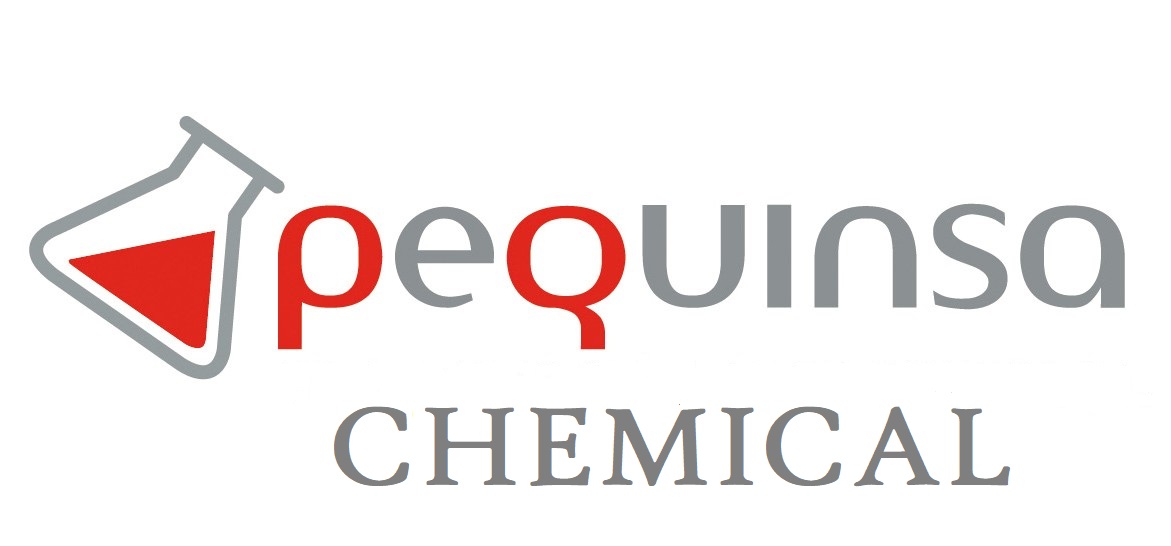-
Categories
-
Pharmaceutical Intermediates
-
Active Pharmaceutical Ingredients
-
Food Additives
- Industrial Coatings
- Agrochemicals
- Dyes and Pigments
- Surfactant
- Flavors and Fragrances
- Chemical Reagents
- Catalyst and Auxiliary
- Natural Products
- Inorganic Chemistry
-
Organic Chemistry
-
Biochemical Engineering
- Analytical Chemistry
-
Cosmetic Ingredient
- Water Treatment Chemical
-
Pharmaceutical Intermediates
Promotion
ECHEMI Mall
Wholesale
Weekly Price
Exhibition
News
-
Trade Service
Polyphenols are a natural product of human consumption and are found in many vegetables, fruits and herbs, such as apples, grapes and tea.
grapes are rich in polyphenols, such as resveratrol (RSV).
that RSV may play a therapeutic role in neurological, cardiovascular and metabolic diseases in humans.
, RSV has been shown to have immunomodulation activity and reduce inflammation in mouse colitis models.
recently, researchers at the Tokyo University of Science found that an RSV-related polyphenol found in blueberries, PSB (3', 5'-methyl resveratrol), has strong immunosuppressive properties.
it can provide potential treatment options for chronic inflammatory diseases, including inflammatory bowel disease (IBD).
results are published in FASEB JOURNAL.
chronic inflammation caused by the body's increased immune response, patients with IBD have persistent ulcers in the gastrointestinal inner wall.
this is associated with excessive cytokine production, as well as tyroblast cells (DC) and T-cells.
at the beginning of the immune response, DC produces inflammatory cytokines and activates T-cells to initiate a defensive response.
these processes together form a complex pathway leading to an over-immune response.
, it is essential to test this group of immune cells to find an effective compound that suppresses the immune system.
study, scientists first studied the effects of compounds from a range of plant sources on DC-mediated T-cell proliferation through in-body coculture systems.
found that of all the resveratrol derivatives tested, PSB had the strongest inhibitory effect on DC-mediated T-cell proliferation.
further studies of the effects of resveratrol derivatives against progenitic T-cell proliferation and differentiation have shown that PSB treatment prevents T-cell differentiation into Th1 and Th17 populations (T-cell subtypes that improve immune response) and increases their ability to differentiate into regulatory T-cells (another type that inhibits inflammation).
PSB's fight against the effects of proto-non-dependent T-cell proliferation and differentiation, PSB treatment inhibits DC's inflammatory cytokines by reducing the DNA binding activity of key transcription factor PU.1.
further tests in mice with IBD found that oral PSB improved IBD symptoms.
, PSB is more easily absorbed by the body and therefore has higher bio-use than RSV.
PSB's effect on the mouse model of colitis is more than one active ingredient in blueberries, and anthocyanins, anthocyanins, resveratrol, and flax lysate are all bioactive ingredients in blueberries.
In addition, blueberries can be distributed to different organs or even across the blood-brain barrier to the brain, plus its role in antioxidant, sterilization, as well as diabetes, hyperlipidemia, neurodegeneration, and so on, so it is considered one of the most nutritious food.
.







